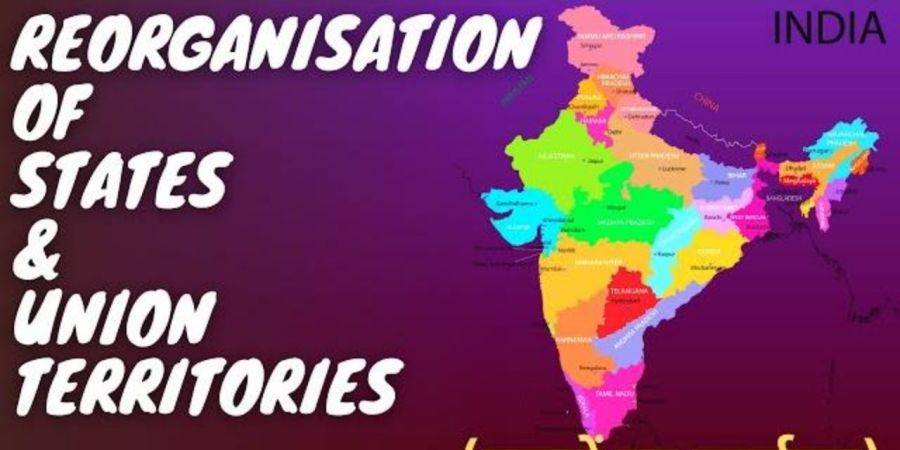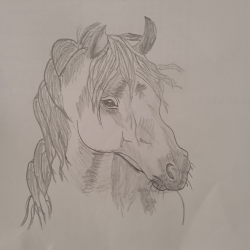Linguistic Reorganisation Of India - 1956
Hi friends,
In the previous blogs, we saw salient features of the constitution and princely states and their integration.
In this blog let's see about the linguistic reorganisation of the state.
- Linguistics means languages, how they reorganised the states based on languages and what are all the commissions set up to reorganise the states in India.
- The linguistic vibrancy of the land has a significant impact to mobilize the movements and protests during the struggle. Annie Besant, "Home rule movement" there were more participants from the southern region.
The plan for linguistics reorganisation was started by the Congress party in 1917 and the plan came to the fore in 1920 there was an expression of the need for administration and education based on vernacular languages.
- Andhra provincial congress committee consolidated the Telugu speaking districts from Madras presidency in 1917, due to the rise of demand the process of redistribution of provinces based on languages started in 1927.
- After a long struggle began in 1895 to Separate Bihar from Odisha province, Odisha became the first independent linguistic state in 1936.
Annie Besant, Mahatma Gandhi and Lokmanya Tilak were in favour of the linguistic reorganization of India.
In the wake of Independence:
Dhar commission:
- After Independence and the partition of India and Pakistan, leaders feared linguistic reorganization because of communal riots, religious conflicts and unrest.
- So Constituent Assembly set up Linguistic Province Commission to review the practicality of reorganization under the Justice SK Dhar leadership.
- So it is called as Dhar commission. This committee didn't favour linguistic reorganization fearing threat, national unity and difficulty in the administrative process.
JVP committee:
- Jawaharlal Nehru, Sardar Vallabhai Patel, and Pattabhi Sitaramayya set up the JVP committee to reconsider reorganization.
- JVP committee first opposed and later followed the demand a report was submitted to enable the creation of linguistic states.
- Agitation and movements continued till the 1960s
First linguistic state:
- The first linguistic state was Andhra Pradesh costing the life of Potti Sriramulu because of a 56-day hunger strike.
- Nehru was forced to merge Telugu speaking Hyderabad with Andhra Pradesh in 1956.
State reorganisation commission:
- The state reorganisation commission is also known as the Fazl commission.
-
- Members are
- Shri Saiyid Fazl Ali
- Hridayanath Kunzuru
- KM Panikkar.
- Finally, on 22nd December 1953 Fazl commission was in place.
- Commission acknowledged three criteria for linguistic reorganisation.
Linguistic and cultural homogeneity
Financial, economic and administrative considerations
Preservation and Strengthening of the unity and security of the nation.
Finally, the Indian government accepted the report and made a few modifications and constituted the state reorganisation act in 1956.
After the act was passed it lead to the creation of 14 states and 6 unions territories. Some of the states emerged after 1956.
Thank you everyone for reading. Keep supporting.










